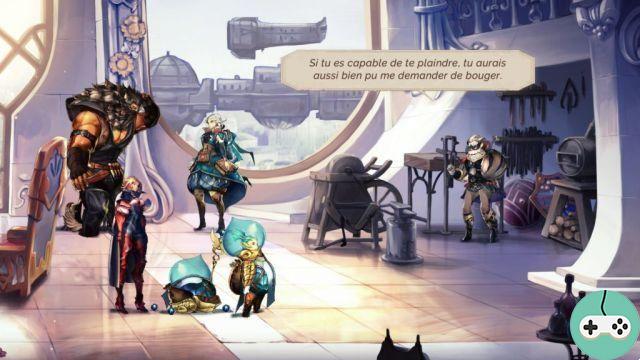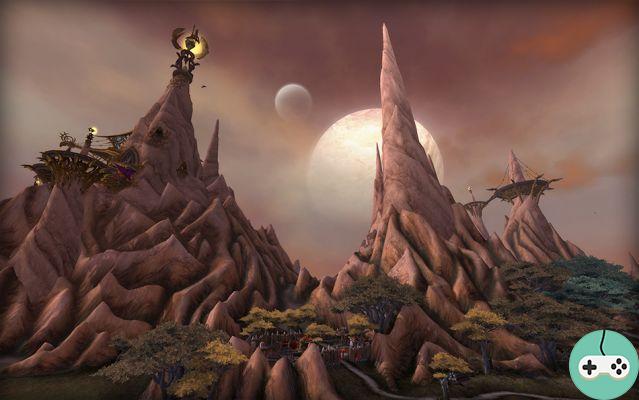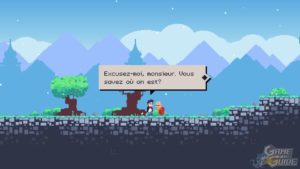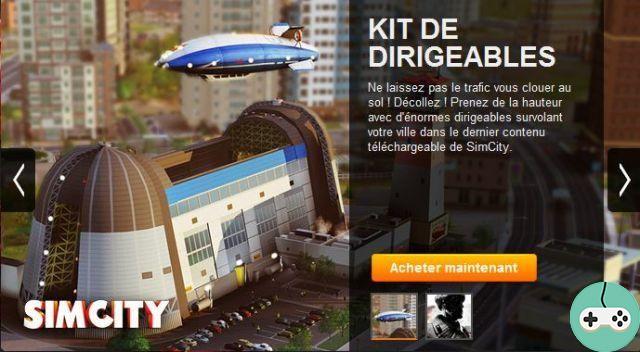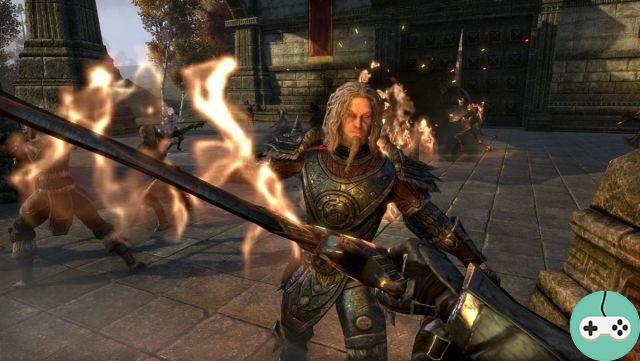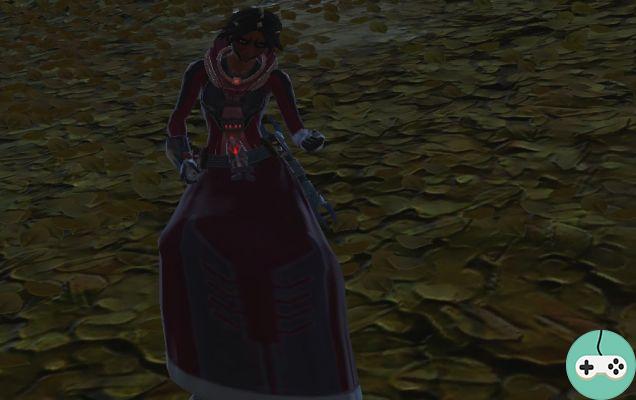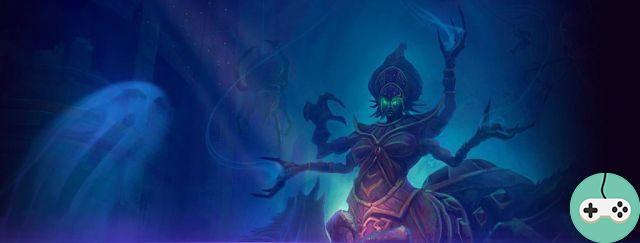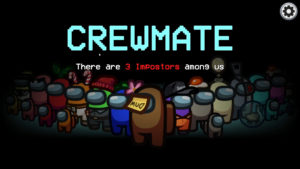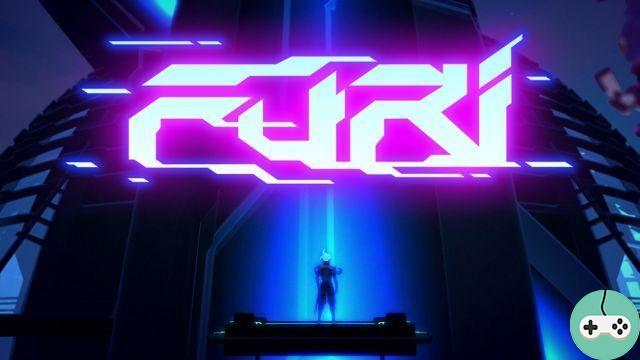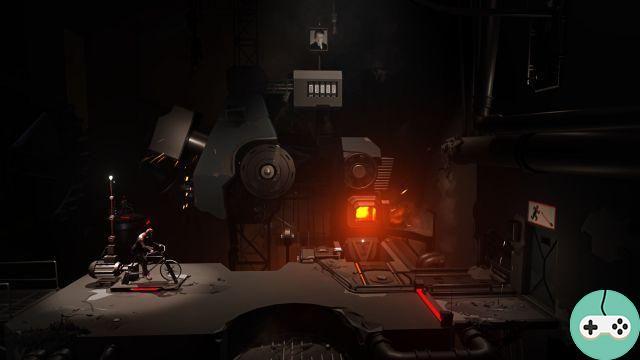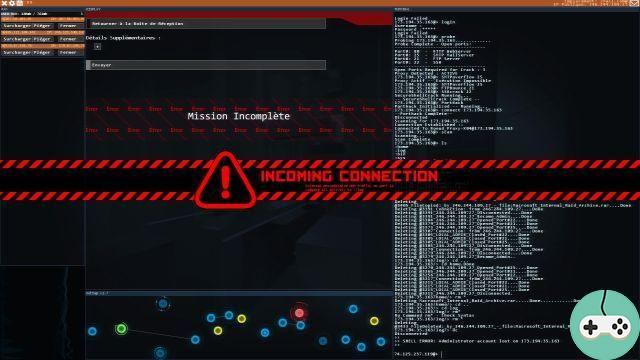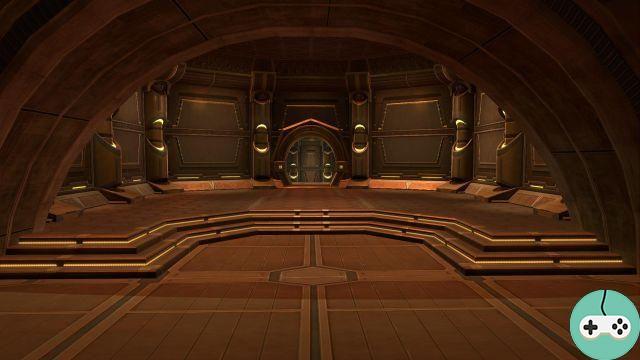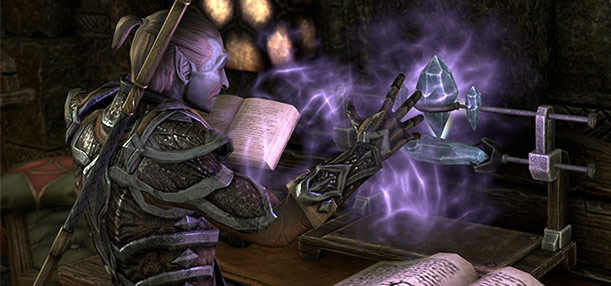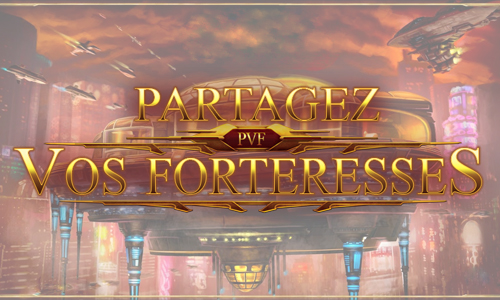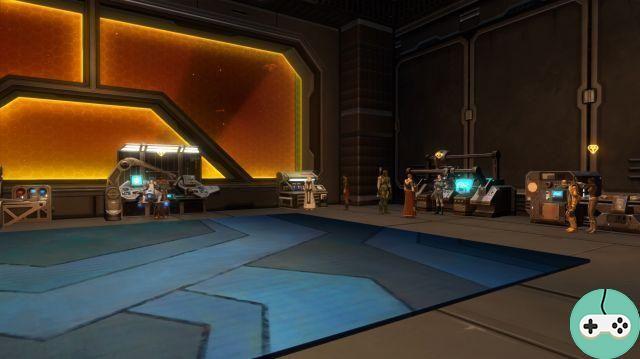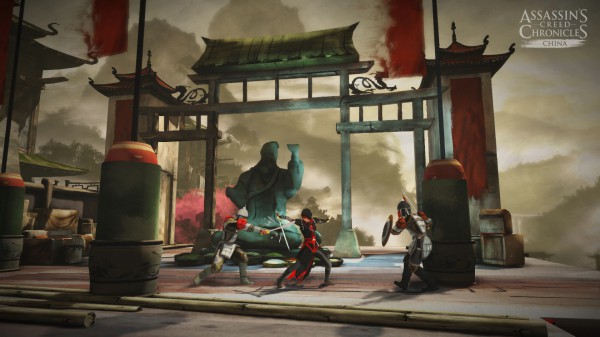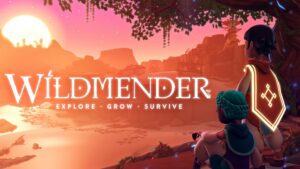
The game can be summed up in three points: explore, grow and survive (explore, grow and survive). As you will have understood, we are in a survival game very close to nature, with a large part of agriculture.
For the demo, the developer has prepared a nice little garden. It is the center of activity, the house, where the player starts and returns each morning to sleep there in his tent. Because yes, unlike many games of the genre, it is at night that the temperature allows you to go out. The day, the loss of water is too important, it is thus the moment of the siesta to avoid a fast death. The night rendering is not too dark, fortunately, with a beautiful play of light and wandering spirits. This makes the landscapes pleasant despite an obvious lack of brightness.
In the middle of the garden, water flows freely. This source of life feeds all the plants around it. Nor is it infinite. Too many plants risk drying out the oasis. Likewise, it is localized. Remote plantings should be watered manually. I was quite amazed by the terrain modification system. With a shovel, the character opens a trench and the water flows into this new diversion. Few housing options at the moment, with building items limited to a tent, machinery, and walkways. When I asked the developer about the possibility of building houses - as is often my goal in survival games - he replied that it was not planned. The goal is to maintain a link to the land, not to lock the hero between four boards.


The exploration is guided by a spirit that is there above all to help understand the harsh laws of survival. A sort of tutorial in disguise. Different seeds are to be collected around the world to enrich the garden. It's also a chance to discover shards of memory from ghosts, visit ancient ruined structures, and track strange comets shining in the sky. History is written through these journeys and encounters in a procedurally generated world. But all is not a long calm river, because evil creatures prowl, specters which oblige to have to defend themselves. If ever the day comes back too quickly, it is still possible to get out of it, even once your water bottle is empty, in particular by staying in the shade of the dunes or rocks, but also by finding water holes or waterlogged plants. of water. At worst, if death occurs, the only loss is his inventory, which he just has to come and collect.


Progress is made through Memory Fragments, each containing an ability, in one of the branches: Survival, Arcane, Spiritual, Secret and Guide. Concretely, spells to defend oneself or tools to better survive. But the major advance is made following an encounter with the water goddess Naïa. A small quest allows you to obtain his blessing, a travel ability, a kind of flower that makes you run fast on the winds. It seems that other gods will be waiting for mortals with other gifts, all related to new ways to move... From what I saw, there would be vines that improve the character's climbing ability (which is already able to climb most surfaces). The second would be a bridge.

Whether solo or with three friends, Wilmender is an adventure close to nature, supported by graphics that make you want to know this universe better. The game should be released in 2023, without further details for the moment. But no need to wait long to take your first steps, a free demo is already available on Steam:




